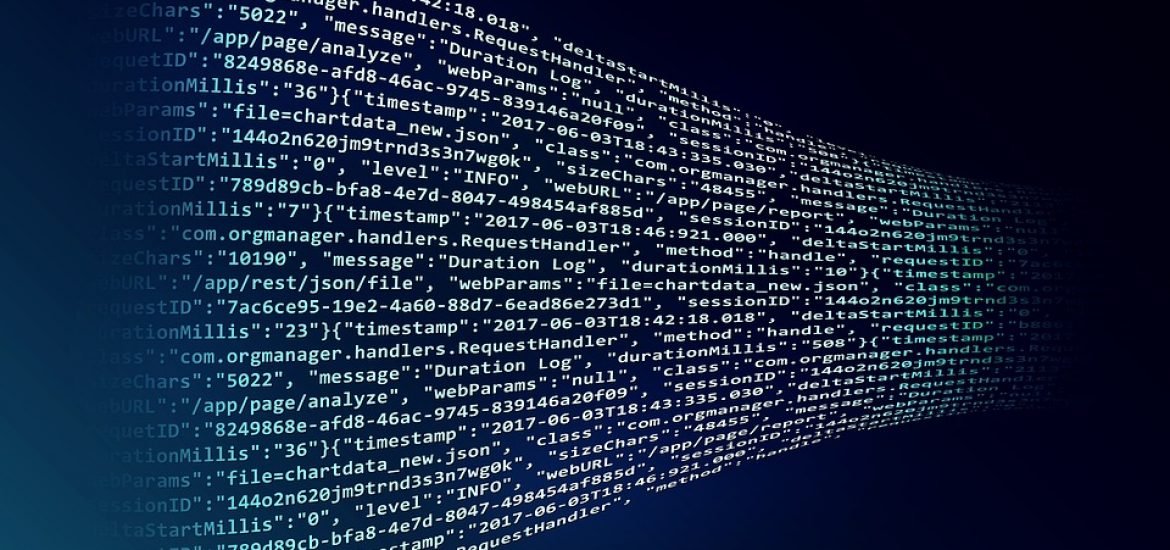
On the impossibility of protection of personal data:
Of the billions of pieces of data accumulated on the Internet, some have “special value” and are of such interest that they attract great, even “ogre-ish” appetites…
This is “sensitive” or “personal” data, the exploitation and commercialisation of which, particularly health data including genome sequencing, create a huge market that provides enormous and increasing wealth to those who have acquired it by means of – a silent hold-up!
Personal data, namely any information relating to an identified or identifiable natural person, is defined in Article 2 of the “Data Protection and Freedom of Information Act” as “information which identifies racial or ethnic origins, political, philosophical or religious beliefs, individual’s trade union membership, or relates to their health or sexual practices”
Included in “big data”, the volume of which doubles every three years, this sensitive data, obtained without the explicit consent of the people concerned, makes money for the “Data Brokers” who are in charge of marketing it …
It is, strictly speaking, an alienation, a dispossession of the individual, who loses control and his own assets.
Eighty percent of global personal data is held by the GAFA companies, to whom it is provided “free of charge”
The “economic model” of the e-economy of personal data is specific and not transferable! It is a “closed loop” market. So, the mobile device user provides this data, which is a valuable raw material belonging to him or her, for free and without worrying about the use that will be made of it. After it is processed by the GAFA companies, the supplier-consumer will end up paying an arm and a leg to benefit from it!
There is no effective means of personal protection permitted. Neither the legitimate requirements of the CNIL [The Commission nationale de l’informatique et des libertés is an independent French administrative regulatory body whose mission is to ensure that data privacy law is applied to the collection, storage, and use of personal data -ed.] nor the European directive defining the General Data Protection Regulation (GDPR) will stop this global phenomenon. The European regulation, coming into force in May 2018, is supposed to give more rights to the citizen-consumer. In addition to the application of the principles of transparency, the obligation to obtain prior consent for the collection of data, and the obligation to provide details of the person responsible for handling the data, the following rights must also be respected: the right to information, the right of access, the right to “be forgotten” by erasure of data, the right to correction, the right of opposition, the right to portability of data, the right to limitation of processing, the right to communication of personal data breach (!)… … this is only a selected list of rights suggesting that, even in Europe, they will only constitute “virtual” rights and monitoring them will be impossible.
The CNIL adds, rightly, that “information and communication technologies generate a lot of personal data (a call made by a mobile phone, an Internet connection) and also “digital traces” which are easily exploitable thanks to developments in software including search engines.”
The universal ethical principle of autonomy, expressed through the free and express consent of the individual, is thereby flouted. Even if financial provisions, or international regulations managed to dam this global tsunami, the explosion in the volume of data provided, both voluntarily and unwittingly, by connected devices – 80 to 100 billion expected by 2020 – would allow this infernal machine to keep turning!
An uncertain prospect for humanity!
This post is also available in: FR (FR)